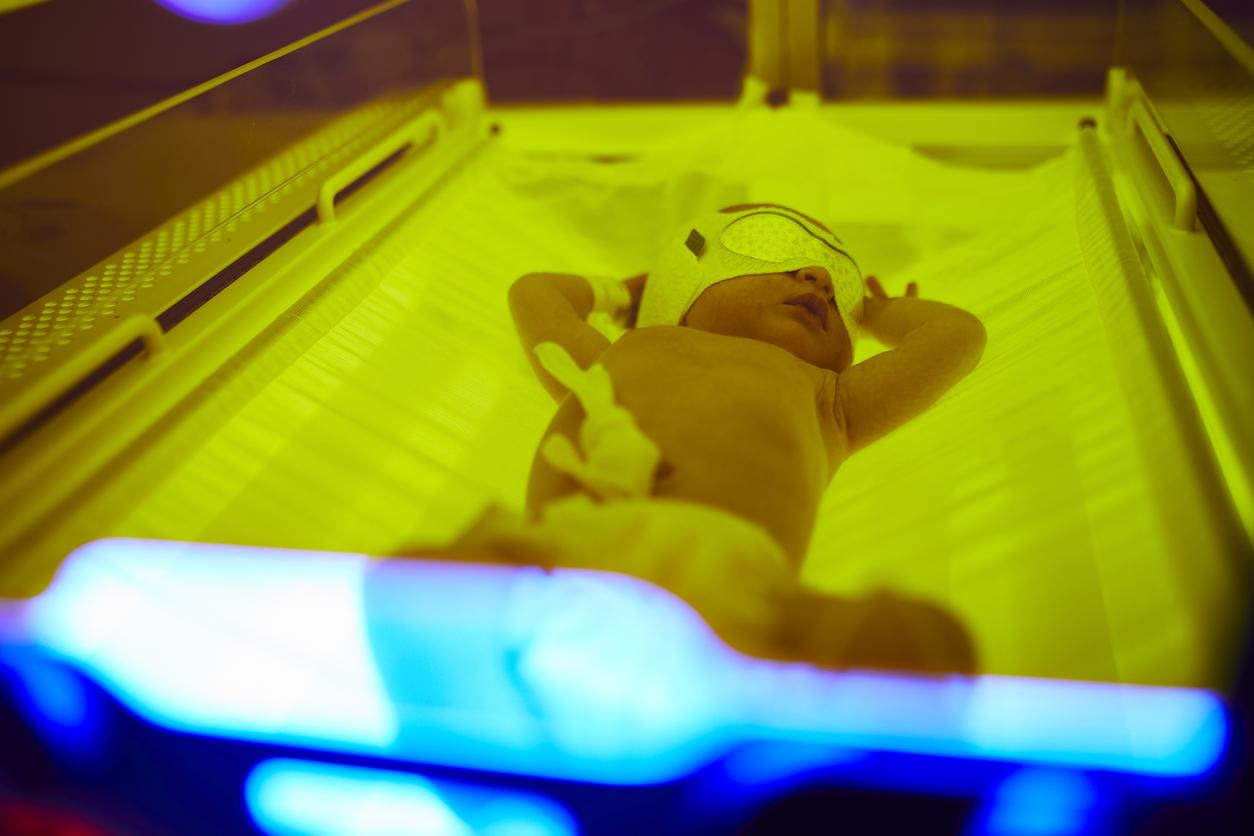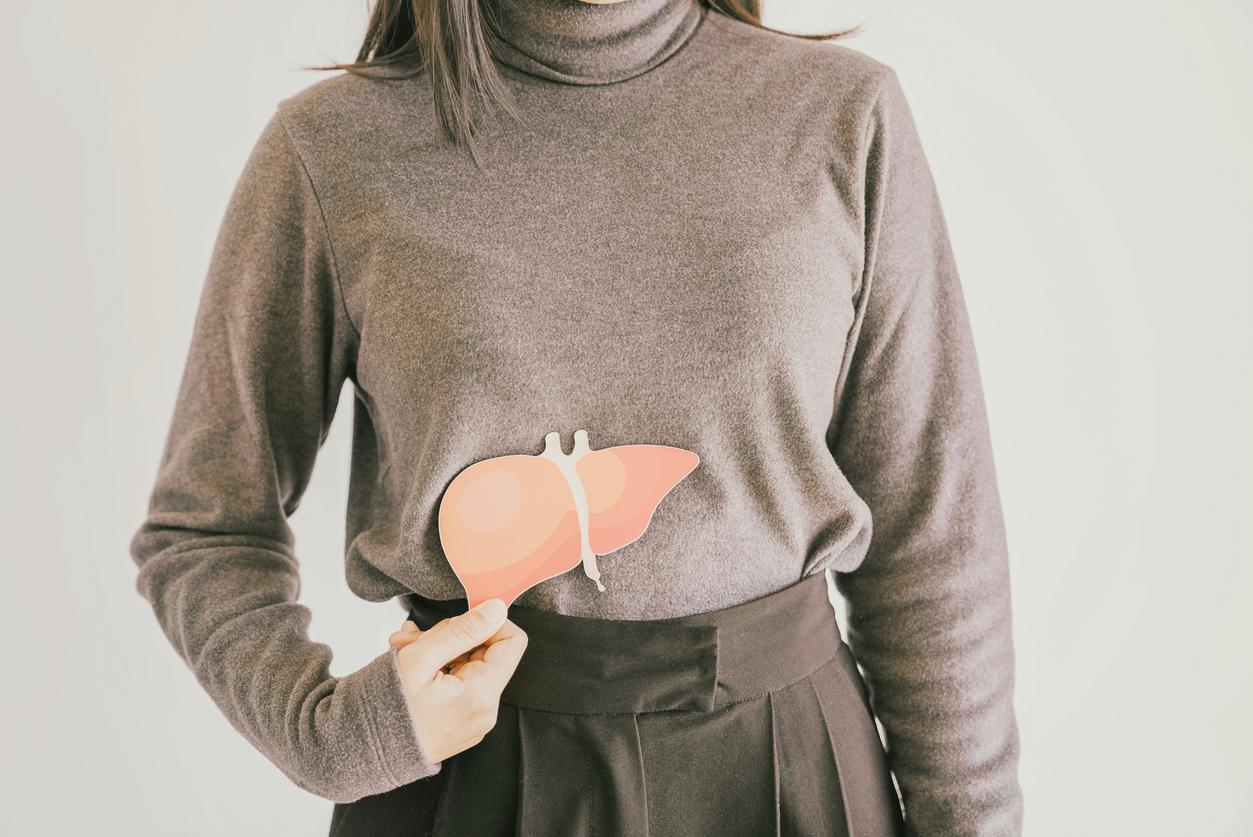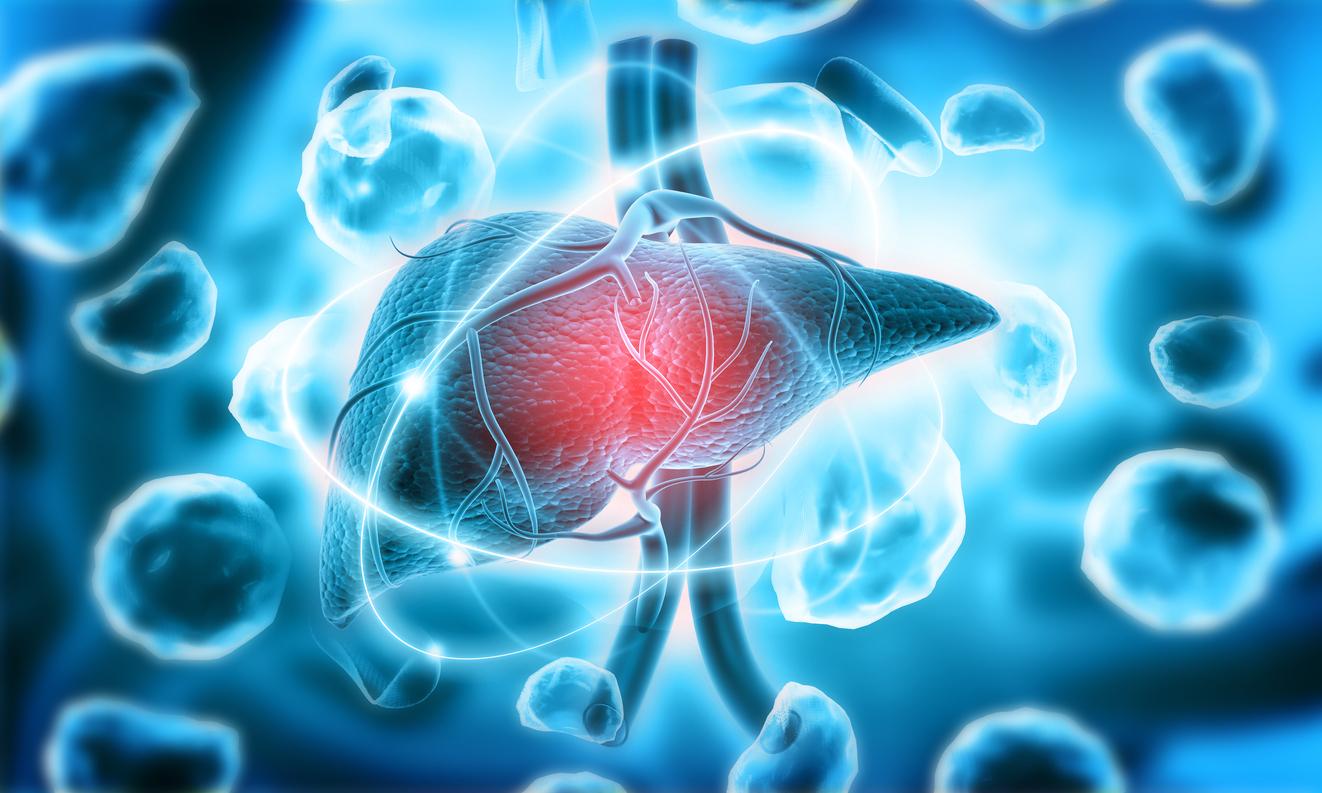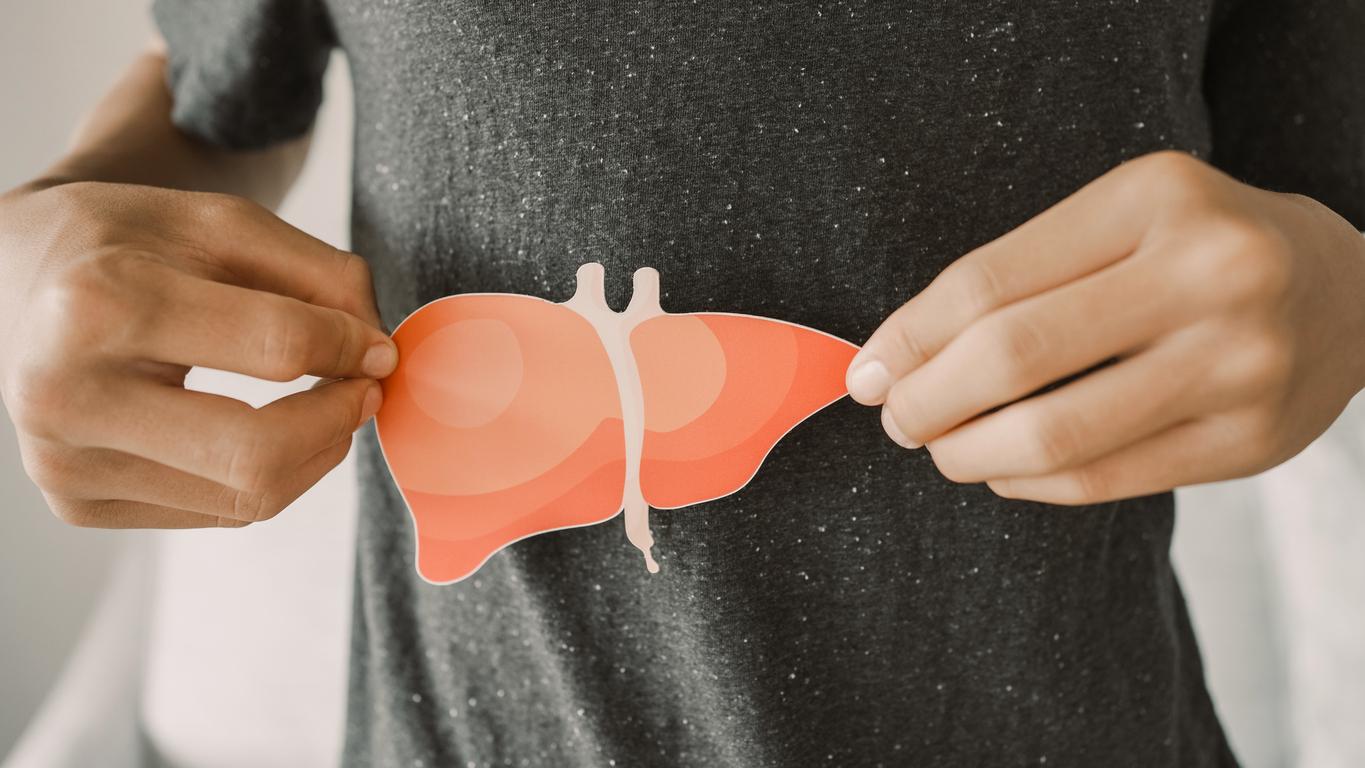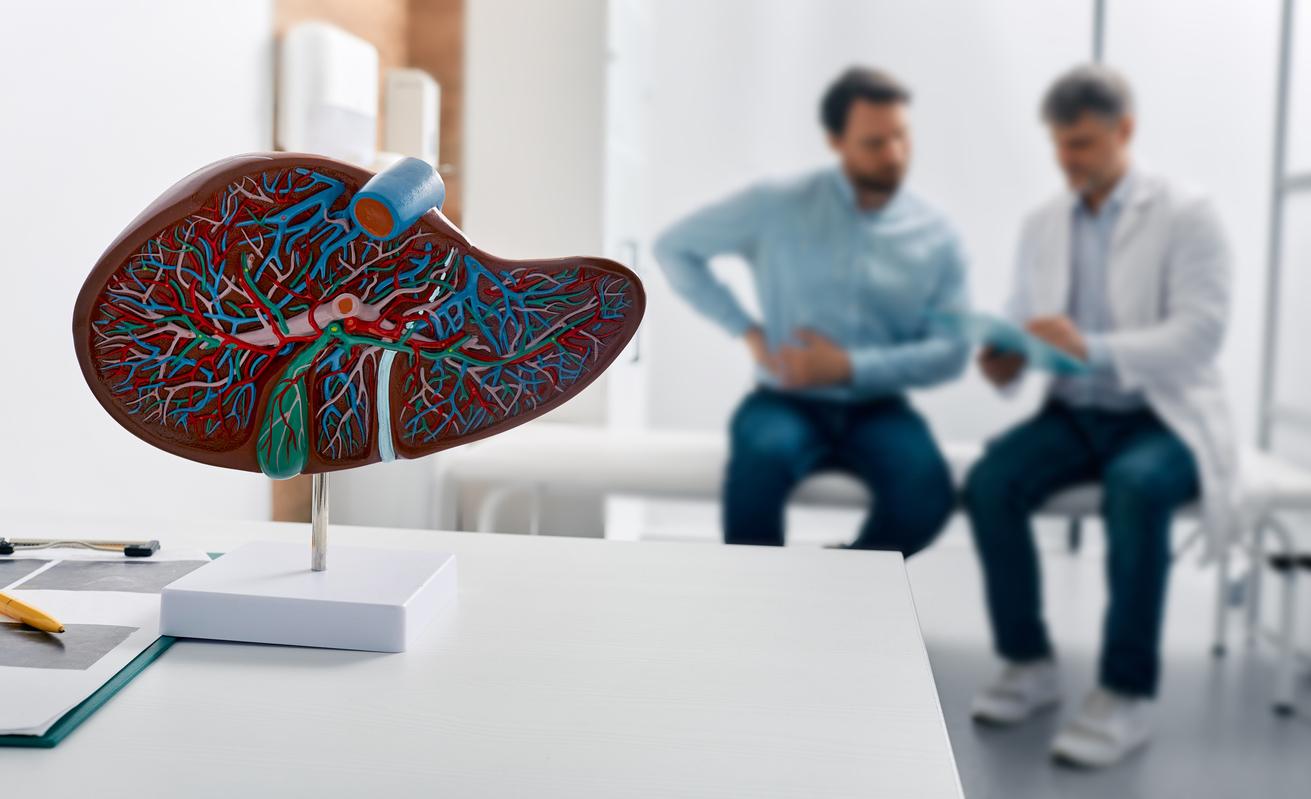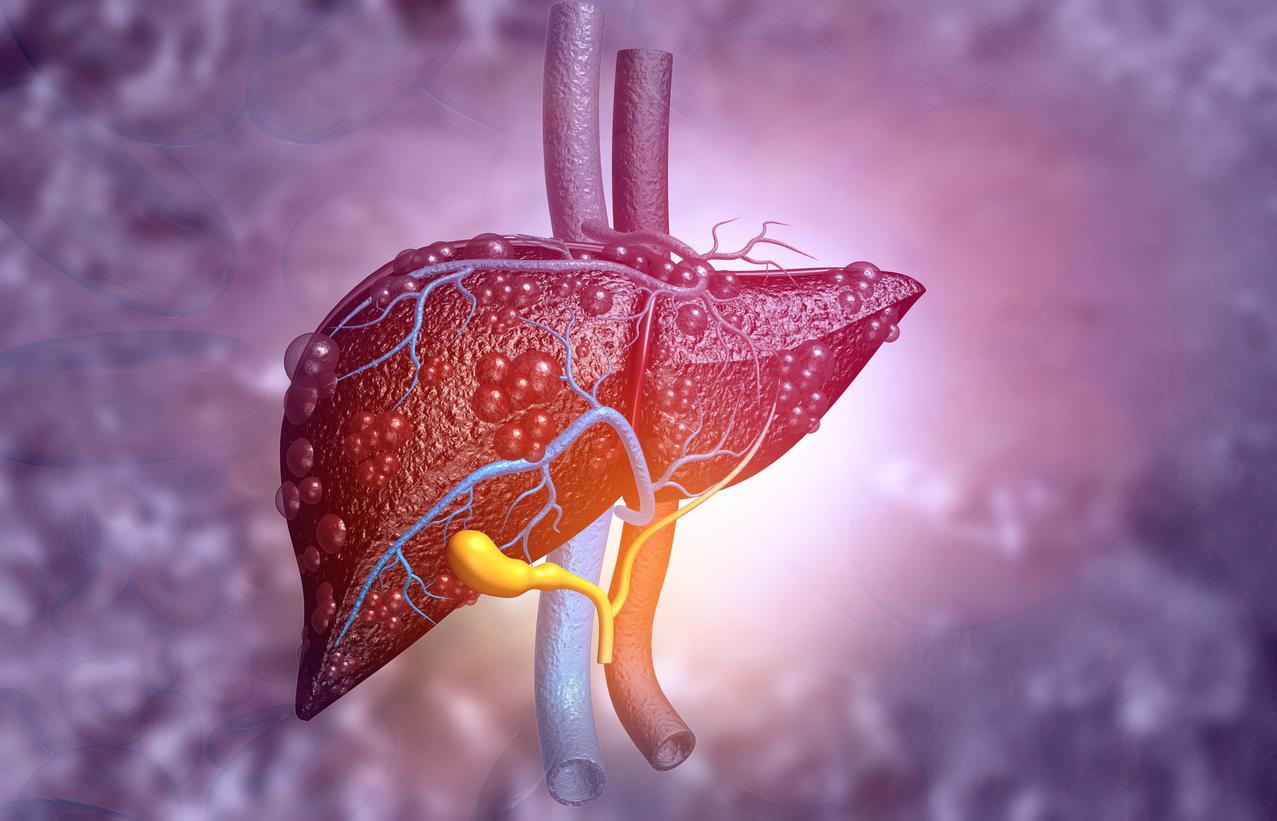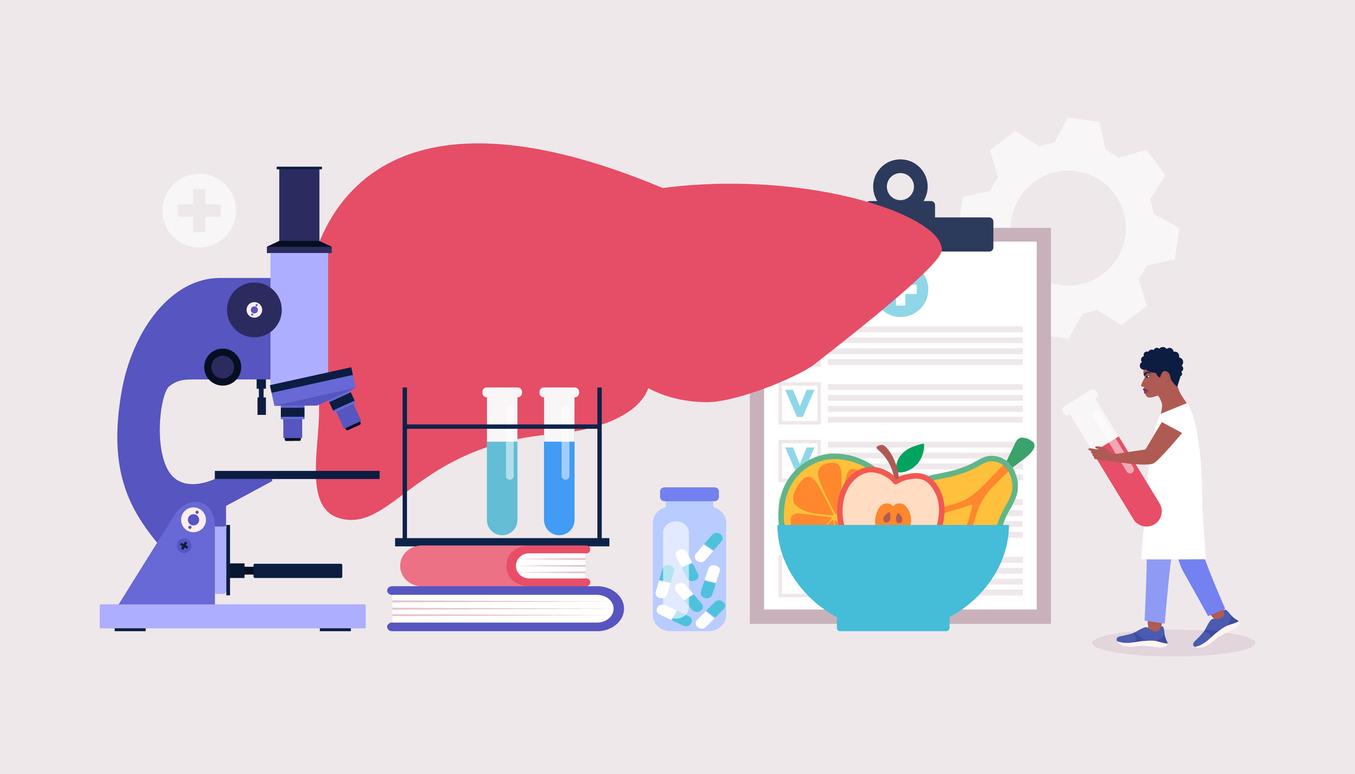
Keep your liver healthy
With an average of one and a half kilos, the liver is the heaviest organ in your body. It is not only large, but also very important: without a liver, your body becomes polluted. An organ to be extra careful with!
On the right side of your abdomen, mostly hidden behind your ribs, is your liver. This continues slightly to the left side of your body, under the ribs.
Central function liver
The liver has a central function for metabolism and digestion. Your liver purifies all the nutrients that enter the body. The liver cells then prepare the useful components for further processing.
All the toxins you can think of are neutralized in the liver. These include nicotine, caffeine and alcohol. But also dyes and preservatives do not just enter the body without encountering the liver.
The liver is also a storage place for carbohydrates, vitamins and other valuable substances. It’s a storehouse for energy: the liver can release extra sugar into the blood when needed.
The liver also plays a role in the breakdown of the body’s own substances. The bile produced in the liver ensures that fats can be digested.
Taking care of your liver
If you want to spare or take extra care of this organ, there are a number of things you can do. Try to get as few harmful substances into your body as possible, for example by drinking less coffee and not smoking. Chocolate and a lot of fat also make it unnecessarily difficult for your liver.
A good condition and sufficient exercise are also important to keep your liver in good condition. Try to exercise for at least half an hour every day, even if it’s just by climbing stairs or leaving the car at home.
Stress quickly affects your liver and other organs in your abdomen. So you can also take this into account. An occasional hot water bottle on your stomach can be very nice to relax.
Liver disorders
The most well-known liver ailments at a glance:
Cirrhosis of the liver
Excessive alcohol consumption, as well as poisoning from drugs, medicines, accidentally ingested chemicals and certain diseases can cause liver cells to die.
The dead cells are replaced by connective tissue. As a result, the liver first becomes larger and then harder. This condition (liver cirrhosis) can no longer be cured. The liver is permanently damaged and therefore functions less well.
Hepatitis
Hepatitis is an inflammation of the liver caused by a virus. There are three types: A, B and C. The B and C virus are transmitted through blood, feces and saliva, among other things.
Hepatitis A can be contracted from contaminated water or food. If you are going on a trip, your destination may require a hepatitis A vaccination. For some professions there is a mandatory vaccination against the other variants.
Jaundice
If you have jaundice, you will actually see yellow. This usually starts in the inside of your lower eyelid or the white of your eyes itself, but later the entire skin can turn yellow. Jaundice can be a sign of another condition, such as liver cirrhosis. It can also be due to a problem with the gallbladder.









